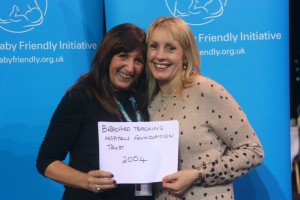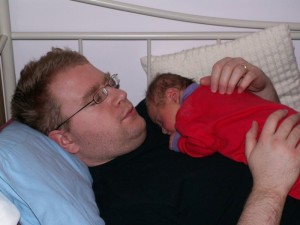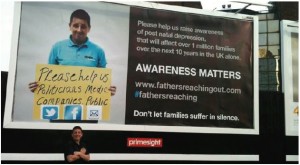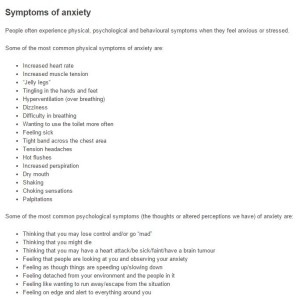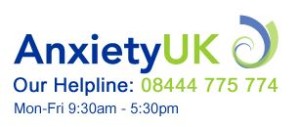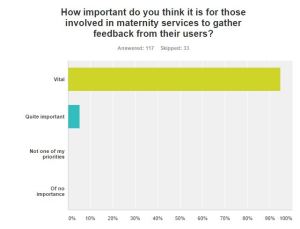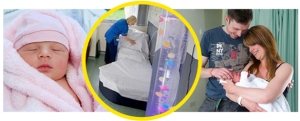There have been some fantastic conversations taking place on the #MatExp Facebook group, with lots of ACTION threads being posted to generate discussion. The aim of these discussions is to identify ways that we can ACT to improve maternity experiences. Big, long-term actions that might require system change or a change in culture. And small, immediate actions, that professionals and individuals can take today to improve the maternity experience of those around them.
A topic I was keen to bring up was Infant Feeding, as Emma Sasaru and I are the “breastfeeding champions” for #MatExp (see our original “call to action” blog post). I was less keen to put together the subsequent blog post as it is such a huge and emotive topic, but I have finally put on my big girl pants and pulled it all together. The resulting post is in two parts: firstly, the actions and comments from the group thread. Secondly a little library of links to some fantastic blogs and articles that I really would recommend if you have an interest in this subject.
When I put up the thread on the Facebook group I asked the following questions:
Question 1: How can we ensure that every family is offered appropriate support to feed their own child, with respect to their individual circumstances?
Question 2: If you wanted to breastfeed but could not, was that due to a lack of appropriate support? If so, what support would have made a difference for you?
Question 3: If you wanted to breastfeed but could not, was that due to a medical issue that no amount of support could have alleviated? If so, what emotional support were you offered?
Question 4: If you formula feed, were you given good information about how to safely make up a bottle, skin-to-skin and paced / responsive feeding? As a healthcare professional do you have access to this information?
Question 5: Are all healthcare professionals now aware of and using First Steps Nutrition as their reference point for information about infant formula?
A really interesting discussion ensued with lots of different experiences shared. The resulting action suggestions are as follows:
-
Far better infant feeding education antenatally – including what to expect, normal newborn behaviour, cluster feeding and safe & effective formula/bottle feeding. Explain that breastfeeding is a skill that mum and baby both have to learn and that it is difficult, but it does get easier. Emphasise the importance of asking for help and support.
-
If a family wants to breastfeed it is worth finding out whether anyone else in the family has done that before. Breastfeeding is much harder when those close to you do not understand it or are distrustful of it.
-
Don’t be so quick to discharge – observe a FULL feed before deciding that the baby is feeding effectively. Longer term consideration needs to be given to how long families can stay in hospital as quick discharge can mean mum is struggling by day 3.
-
Breastfeeding support needs to be 24/7 – one mum reported having a baby on the Wednesday and being unable to find NHS support when she hit “crisis point” at the weekend.
-
If part of your job is to support infant feeding, make it your mission to find out all of the places to which you can signpost families who are struggling. There is a lot of support and information out there but too often HCPs do not send families to it.
-
Be aware that birth professionals and other healthcare professionals often do not have sufficient training to deal with complex breastfeeding problems. As a parent, do not be afraid to question and ask for additional support. As an HCP, see above re signposting – know what is available in your area.
-
The NHS should provide information on non-NHS support options – International Board Certified Lactation Consultants (IBCLCs), breastfeeding counsellors and peer supporters, all the major voluntary organisations and doulas.
-
Full time, dedicated breastfeeding support midwives on every maternity ward, and support available after discharge. Relying on volunteer peer supporters is not a sustainable model. Unpaid peer supporters do an amazing job but to truly make a difference to infant feeding more paid staff are required.
-
Tongue tie to be checked for as part of the routine newborn checks. (Click here for more #MatExp discussion on this)
-
Be mindful of IV fluids used in labour when assessing the amount of weight a baby has lost. The initial birth weight may well have been inflated.
-
Where supplementary feeding is necessary, try to use a supplementary nursing system (SNS). They help to stimulate milk supply whilst giving the “top up” of formula or expressed milk.
-
Where a woman wants to breastfeed but has been unable to, please ensure she is given good quality, independent information on formula feeding AND emotional support around the fact that she was not able to meet her breastfeeding goals. A debrief with someone qualified in breastfeeding support would help to work through what happened and deal with some of those destructive (and unnecessary) feelings of guilt.
-
Empower, educate and support women so that they can make a genuine choice about how they want to use their body and how they want to feed their child. Once that genuine choice has been made, support that choice regardless of your personal viewpoint.
-
Do not be so quick to “blame” the dyad for breastfeeding difficulties. Look at potential underlying medical issues.
-
Normalise breastfeeding for the next generation by including it as part of the science/personal development curriculum
-
Support to feed babies at the breast needs to be moved far higher up the agenda for governments and healthcare commissioners alike
Remember this which Elizabeth Pantley shared on her Facebook page:
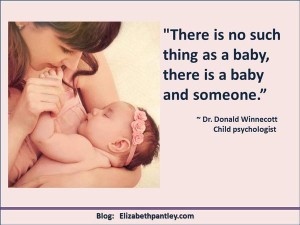 via http://www.pantley.com/elizabeth/%5B/caption%5D
via http://www.pantley.com/elizabeth/%5B/caption%5D
We need to look after the “someones”. Understand their goals and fears, their preconceptions and their anxieties.
One of the mums on my private Facebook group gave a great summary the other day of how it’s all gone a bit wrong for infant feeding in the UK:
“Pressure from health professionals to feed but a lack of support to do so, meaning when mum comes across difficulties she just blames herself and feels she has to stop. (“I had no milk.”)
Decades of bottle feeding being promoted as “best” meaning our parents and grandparents don’t understand breastfeeding, and encourage formula feeding instead. (“Just put him on a bottle, it never did you any harm.”)
A formula feeding society making it seem that babies should be sleeping through the night and “in a routine” undermining the confidence of breastfeeding mums. (“Tom has been sleeping through from 2 weeks!”)
No counselling or debriefing for mums who felt they had to stop breastfeeding before they were ready.
The formula companies and their advertising promoting “mommy wars.”
A refusal to talk about bottle feeding openly and frankly by health professionals due to fear of causing offence.
The high price of formula making mums feel punished for bottle feeding.
We’re getting it all so, so wrong as a society and segregating parents when we should be uniting them. How you feed your baby shouldn’t even be an issue – the issue should be whether or not you are supported.”
Lucy, Dorset
So what would I recommend as a bit of infant feeding bedtime reading? There are so many fantastic resources, but based on the actions above and recent discussions this is my current pick of the pops:
-
The “Second Night Concept” – why does it seem as though everything has “gone wrong” on night 2?
-
What is normal behaviour for a newborn baby anyway?
-
If breastfeeding is so “natural” why is it so hard?
-
Who are all these different people who are qualified to support breastfeeding?
-
The hurt that is caused by the media constructed “mommy wars”
-
Why what I do with my breasts is none of your business
-
Are we really under pressure?
-
The part that the formula companies have to play
-
Are we being unfair to formula feeding mums?
-
Supporting women to breastfeed when they need medications
There is also of course my own #hospitalbreastfeeding campaign which focuses on the support available for breastfeeding families on children’s wards and in children’s hospitals. There is another selection of fantastic links under the Guidance section on my website http://www.heartmummy.co.uk and for more discussion on this particular area please see https://heartmummy1980.wordpress.com/2015/05/10/when-hospitalbreastfeeding-met-wenurses-2/
Finally, if you are still suffering from insomnia, there is my own feeding story which covers formula feeding, combi feeding and natural term breastfeeding – I’ve tried to sample a bit of everything with my boys!
I saw Mark Harris speak at the Association of Breastfeeding Mothers conference last month and he said something many will have heard him say before: “evidence is not the same as truth”. This has particular resonance for me when it comes to infant feeding. The evidence is about statistics, nationwide trends, health outcomes across generations and demographics. Truth is about what you can see with your own eyes and understand about your own family. There is no need to question or reject the evidence to protect your own truth. The evidence says quite clearly that my eldest son has a higher likelihood of poor health outcomes in later life because he was formula fed from 10 weeks old. The truth is that if I had tried to continue breastfeeding he had a 100% likelihood of being shouted at and rejected by his mother.
We all have our own truths. Finding someone with the same truth as you is so empowering but it is important to recognise that other people’s experiences are no less valid than yours. The evidence is important for parents making informed choices, and for commissioners when deciding on what priority to give infant feeding. The truth of your own circumstances and experiences is important for deciding what is best for you, and only you and your family know what that is.
The important thing is not what choices we make. The important thing is that we are supported so that we can make those choices. And at the moment far too many families are having their choice to breastfeed taken away. This has to change.
Helen Calvert
@heartmummy
2015








